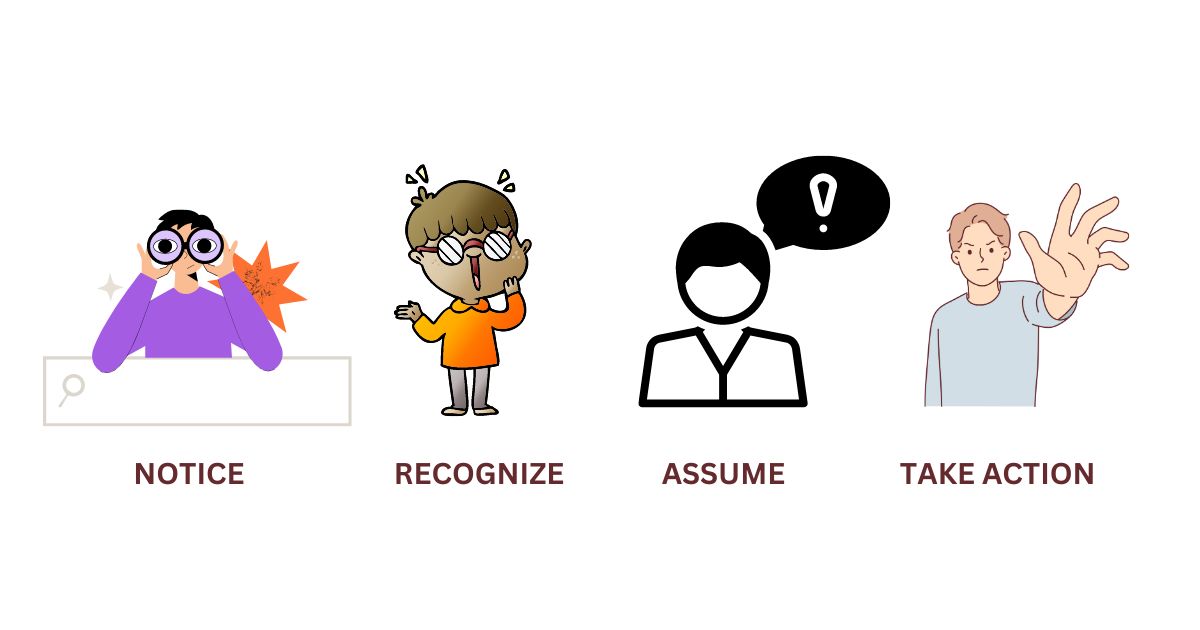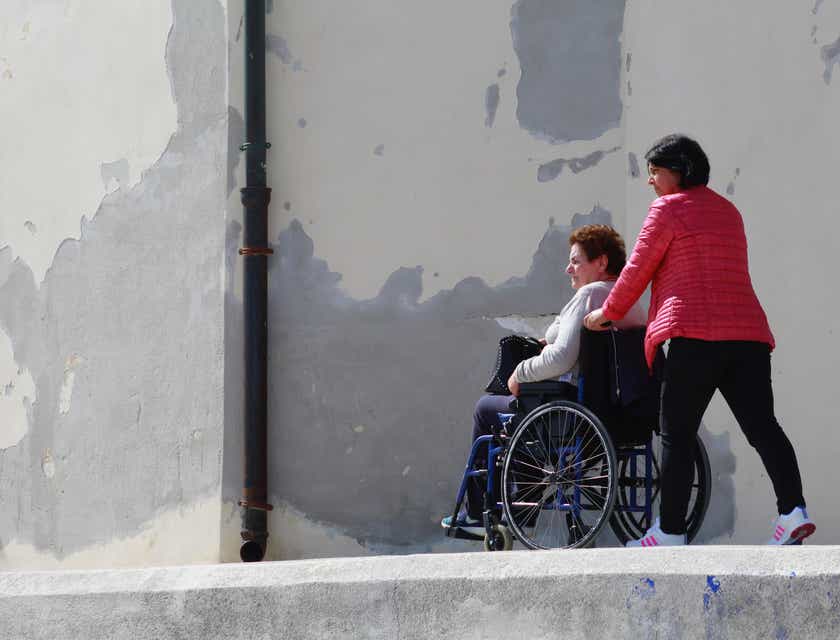The image of a typical nursing home, right or wrong, inspires fear in the hearts of many seniors. They picture dark, dank living spaces, rife with an uncaring, or worse, malicious staff, and, perhaps most of all, they fear becoming isolated and forgotten. It’s no wonder, then, that the idea of aging in place, at home, is a popular option for elders in America. And as the baby boom gives way to the elder boom, we realize that whatever viable options are put in place for seniors today will become our aging options in the not-too-distant future.
In her book, The Age of Dignity: Preparing for the Elder Boom in a Changing America, 2014 MacArthur Fellow Ai-jen Poo discusses the need to provide an environment whereby the increasingly aging population can stay in their own homes if they choose. But finding a competent careforce will be the primary challenge. Tackling that imminent problem is Ms. Poo’s primary focus.
Living longer is a good thing, as long as there are systems in place to care for the aged. By 2035 there will be 11.5 million Americans over the age of 85, more than double today’s five million. Right now, those who need long-term care, nearly 79%, live at home or in community settings, not in institutions, and 90% would prefer to age at home. Currently, the lion’s share of home care is provided free of charge by informal or family caregivers.
This dynamic is unsustainable according to demographics and to a changing society, as Ms. Poo points out in the book. Whereas the women in the family were traditionally expected to provide care for aging parents, dual-income American family households means there is no one at home full-time to absorb those duties. Households with fewer children and more elderly begins to look a little like something from Roald Dahl’s imagination.

The answer, clearly, is a vital, supported profession senior care workforce. Ms. Poo fights for the rights of domestic workers across the nation. Fair wages along with comprehensive senior care training would go a long way to help stem the high caregiver turnover rate and provide consistency for seniors, their families, and for the workers themselves. But paying for in-home care is already a challenge for most seniors and their families. Ms. Poo proposes that this nation needs to face and tackle these challenges now, so that all seniors and their families have access to the care they deserve.
Ms. Poo recently worked with the Department of Labor to include senior caregivers in federal minimum wage and overtime protections (which has since been delayed.). She is a vital part of Caring Across Generations who believe that this country has “an unprecedented opportunity to bring care back home—where we feel most safe and secure, and surrounded by love – and to create much needed jobs in the process.”
The Age of Dignity provides a positive roadmap to becoming a more caring nation while addressing our fraying safety net and the limited opportunities for women and immigrants in the workforce.








